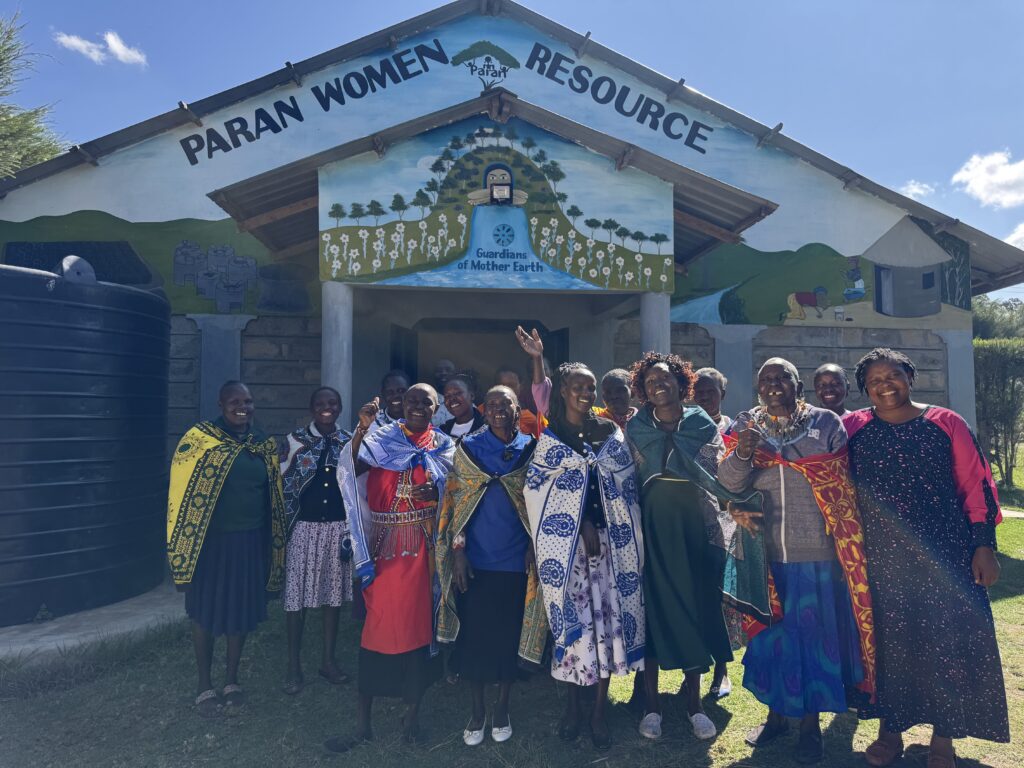As women in East Africa’s drylands champion agroforestry for ecological and social justice, a new policy brief makes the case for why scaling it is a feminist imperative. The East African Dryland Agroforestry Expert Group launched the brief on July 3, 2025, to advance this dual solution.
The Gender Gap
Women produce 60-80% of food in sub-Saharan Africa yet own less than 20% of agricultural land (AU & UN Women, 2021). In dryland regions like Kenya’s arid and semi-arid lands, where climate shocks are intensifying, women face disproportionate burdens:
-
- Water scarcity forces longer trek, reducing time for income or education.
-
- Land degradation erodes yields, deepening poverty cycles.
-
- Exclusion from decision-making limits access to credit, seeds, and climate adaptation resources.
Agroforestry directly addresses these inequities by putting land, tools, and agency into women’s hands.
How Agroforestry Empowers Women
-
- Land Restoration Equals Economic Power
Trees like acacia and moringa restore soils, boosting crop yields by 30-58% (ICRAF, 2022). For women farmers, this means more food and surplus to sell. Fruit and nut trees provide year-round income. (FAO, 2023).
- Land Restoration Equals Economic Power
-
- Time and Labour Savings
Trees reduce soil erosion and retain water, cutting time spent on irrigation and fuelwood collection. Fodder trees like calliandra ease livestock care, traditionally a woman’s responsibility.
- Time and Labour Savings
-
- Decision-Making and Land Rights
Agroforestry’s long-term nature incentivises securing women’s land rights—a keystone for equality.
- Decision-Making and Land Rights
Policy Blueprint to Scale Dryland Agroforestry
The policy brief, titled “Scaling Agroforestry as a Climate Resilience and Food Security Solution in Drylands of Kenya, Uganda, and Tanzania,” serves as a strategic advocacy tool developed by Vi Agroforestry and the SIANI expert group.
The Expert Group’s Mandate
The East African Dryland Agroforestry Expert Group is a structured coalition initiated by Vi Agroforestry following the 2024 Annual Agroforestry Symposium. Its mandate is to bridge policy and practice by engaging in direct dialogues with policymakers to facilitate the widespread adoption of agroforestry. The group consists of 14 multidisciplinary experts from civil society, government, academia, practitioner organisations, and youth advocates.
Nayan Kiplagat, Director and Founder of Paran Women Group Narok, contributed to the policy brief as a member of the expert group.
From Policy to Practice: A Clear Call to Action
The policy brief offers a five-pillar roadmap focusing on strengthening policy frameworks, increasing funding, capacity building, securing land tenure, and fostering inclusive partnerships. A critical pillar is the need for innovative financing mechanisms, calling for dedicated agroforestry investment windows within national climate funds.
The expert group proposes leveraging regional financing models from the African Union (AU), the Intergovernmental Authority on Development (IGAD), and the East African Legislative Assembly (EALA). Establishing a dedicated East African Agroforestry Platform is recommended to align cross-border investments with a focus on gender equity.
Dr. Monica Nderitu, the expert group lead, underscored this multi-stakeholder approach.
“Kenya, Tanzania, and Uganda must embed agroforestry into a wide range of policies. It is also vital that youth, women, and the private sector are part of the conversations.”
She also highlighted plans to convene a high-level stakeholder dialogue later this year to maintain momentum.
Download the full policy brief here: POLICY BRIEF 2025 DryLands East Africa Agroforestry by SIANI & Vi Agroforestry
For more information on the Expert Group’s work, visit: SIANI Expert Group Page | Vi Agroforestry Project Page
— Article by the Vi Agroforestry Communications Team

